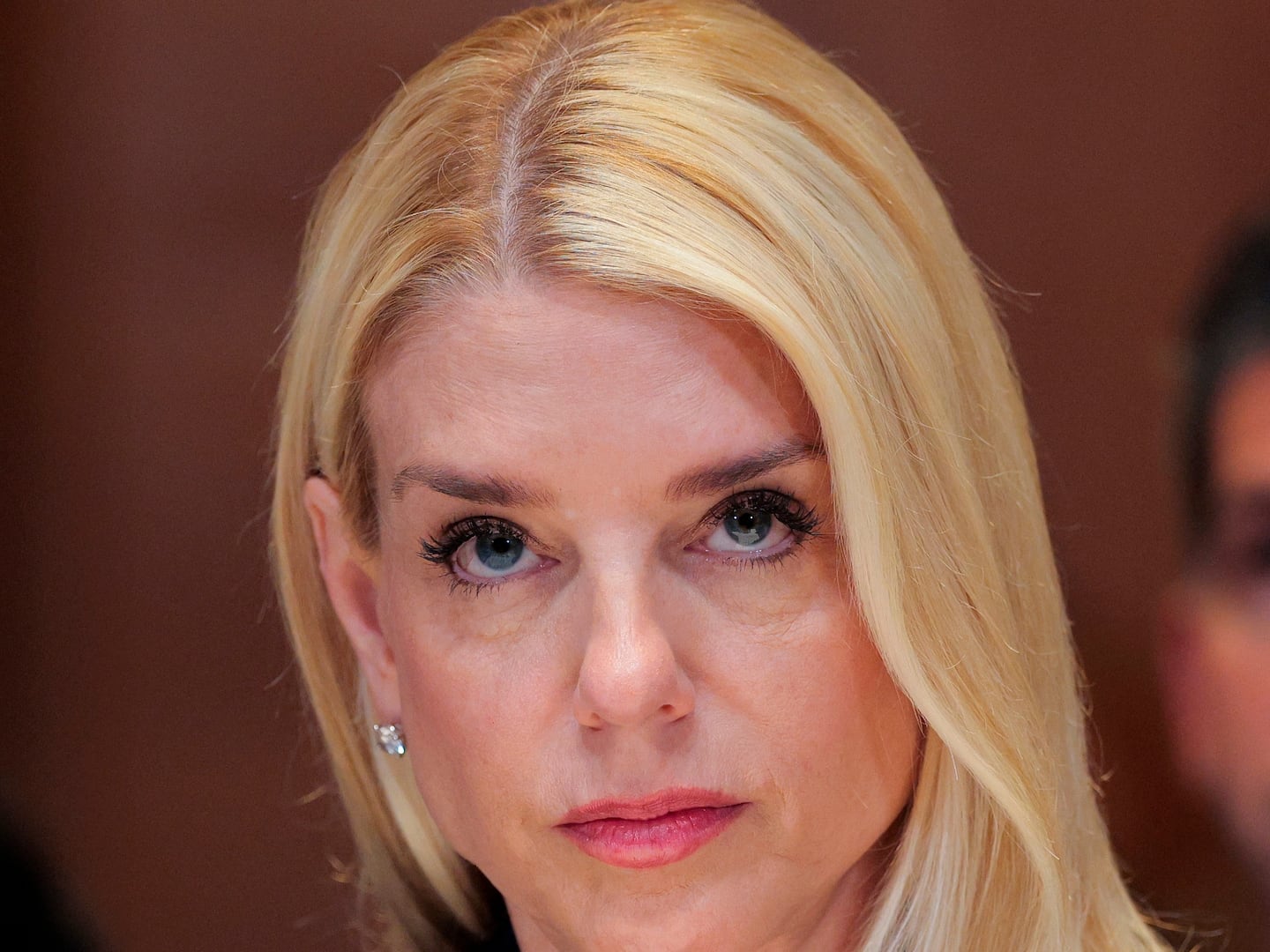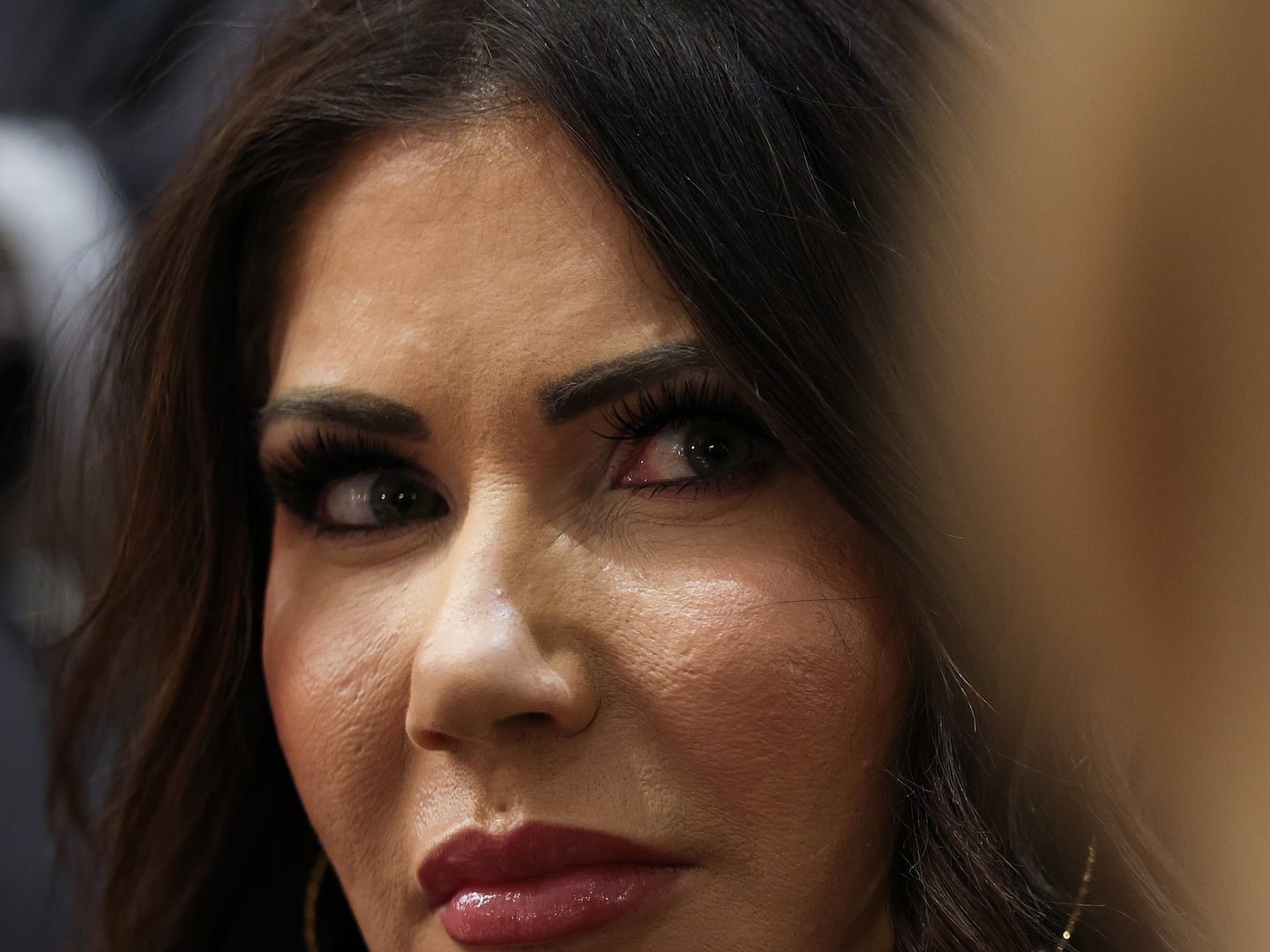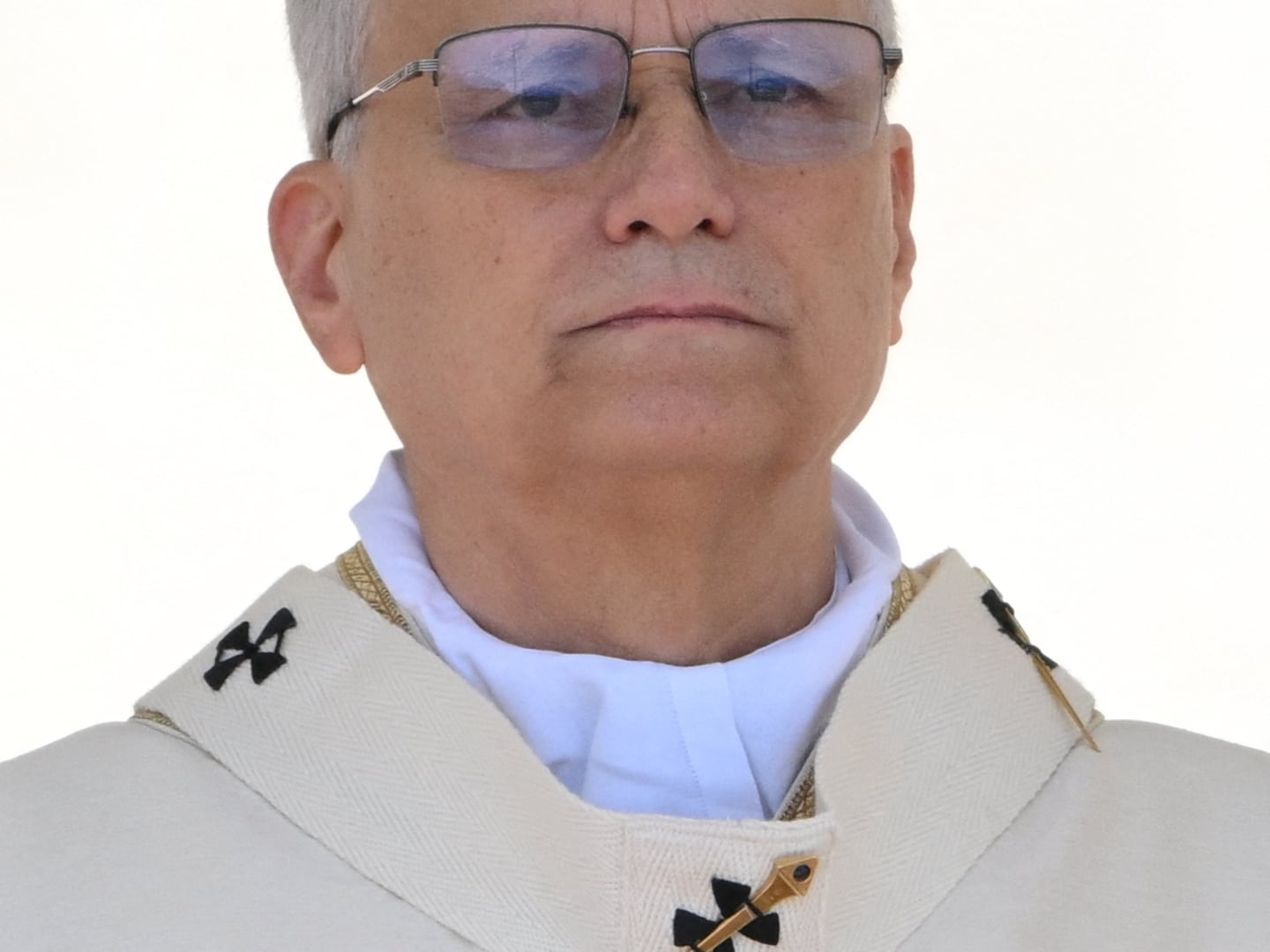Hermel, Bekaa Valley, Lebanon
As Ali Shaheen walks around, supervising workers repairing his wrecked pharmacy on the main street of the Shia Muslim town of Hermel in Lebanon’s Bekaa Valley, broken glass and debris crackle under his feet. A welder sends sparks flying, and as hammering and banging start up in the adjacent photo shop and bank, Shaheen’s voice has to strain to be heard. He is explaining what happened when the town was struck two weeks ago by a suicide bomber.
“I was making coffee in the back when the bomb exploded and everything collapsed on us,” he grimaces. A trainee pharmacist standing near the blast lost an eye and suffered head injuries. In all, five people were killed and 40 wounded in a bombing that has made local Shia Muslims in this town, where Hezbollah, the country’s militant Shia movement, holds sway, furious and fearful.
“The groups who did this say they were targeting a stronghold of Hezbollah but here you are seeing stores and this is the shopping center of Hermel and also the municipality building over there. The fight should be between groups on the battlefield and civilians shouldn’t be included. They were aiming to kill ordinary people.”
“They,” in the minds of Hermel’s Shia, are an amalgam of jihadists, Islamist extremists and Sunni rebels fighting to oust Syrian President Bashar al-Assad. In short, the Shia see them as “takfiris” (apostates) and soon they—and also civilians—holed up in Yabrud, the last significant rebel foothold in the strategic al-Qalamoun region just across the mountains in Syria, are going to suffer severe consequences. Combatants and civilians alike are going to be punished for the suicide bombing and for the more than 150 Grad rockets fired at Hermel the past three years, four of them last Saturday. “They are all takfirs and they don’t belong to any kind of humanity,” says Shaheen, a father of three.
In an exclusive interview, a Hezbollah official told The Daily Beast that Syrian government forces are “days away” from launching a full-blown assault on Yabrud, about 50 miles north of the Syrian capital of Damascus. They expect the battle to be even bloodier than the three-week-long siege of Qusair, a key town in al-Qalamoun, which fell last June to Assad with Hezbollah fighters in the vanguard.
The re-taking of Qusair boosted Syrian army morale and kicked off a series of battlefield gains for the Assad regime, shifting the military balance in its favor. It also prompted hand-wringing in Washington and an unfulfilled promise from President Obama to supply rebels with arms—and triggered an urgent behind-the-scenes plea by Assad foe Saudi Arabia to Hezbollah, via Lebanese officials, to allow a corridor for fleeing Syrian rebels to escape, say Lebanese government sources.
The battle for Qusair brought the war closer to Lebanon: its fall triggered threats from jihadists and even the Western-backed Free Syrian Army’s chief Gen. Salim Idris, who warned that his rebel fighters would begin targeting Hezbollah strongholds in Lebanon.
“It will be soon that the battle for Yabrud begins in earnest; a matter of days,” said the Hezbollah official as he sipped on coffee and consulted his smart phone. “It has become a priority and Damascus has sped up the timetable to attack.”
Yabrud has become a priority for Damascus and the Iran-backed Hezbollah not just because of Hermel but because of the string of suicide bombs that have rocked Beirut’s Shia dominated southern suburbs, where Hezbollah’s headquarters are located and which contain the homes of many of its top leaders. The suicide blasts are not only pushing sectarian tensions across Lebanon close to the breaking point but also undercutting Hezbollah’s standing as the ultimate defender of the country, as it likes to think of itself, and as the protector of Lebanese Shiites.
In November, a twin suicide bombing struck the Iranian embassy in south Beirut, killing 30, including the Iranian cultural attaché, and wounding more than 140. Suicide bombs began to strike Hezbollah’s Beirut suburbs in July and have continued apace since then, with the latest coming on January 2, which killed 4 and injured 46 others.
Hezbollah officials and Lebanese security sources say the cars in some of the attacks were rigged with explosives in Yabrud—the cars are often stolen in Lebanon, generally from rental companies or bought used in Bekaa Valley villages. They are then driven from Yabrud through the mainly Sunni town of Arsal, 15 minutes from Hermel. Responsibility for the bombings has been claimed by the related al-Qaeda-linked Islamic State for Iraq and Sham (ISIS), Jabhat al-Nusra or by the Abdullah Azzam Brigades.
Last week, al-Nusra posted an online warning cautioning Lebanese Sunni to avoid Shia neighborhoods because more bombings are on the way. “The Nusra Front in Lebanon announces that all the strongholds, headquarters and military and security bases of Iran’s party [Hezbollah] are targets, regardless of their location,” the front said in a statement posted on its Twitter account.
“Hezbollah deliberately spreads itself out in populated areas to protect itself from the blows of jihadists and as we are keen to preserve the blood of our Sunni people in Lebanon… we call on Sunnis in Lebanon not to approach or reside in its areas or come near its headquarters and gathering places.”
For Hezbollah the bombings are a political embarrassment, confirming—as far as Lebanese Sunni critics are concerned—their warnings that, by engaging militarily on Assad’s side, Hezbollah would be sucking Lebanon into the disastrous Syrian civil war and invite retaliation. Hezbollah officials insist engagement in Syria has served to protect Lebanon from extremists groups, arguing that Lebanon would have been targeted sooner or later. ”Think what it would be like if we hadn’t taken Qusair—we would be facing more rocket attacks and more bombings,” said the Hezbollah official interviewed by the Daily Beast.
He predicted the struggle for Yabrud will be trickier tactically than Qusair, arguing many of the rebels are battle-hardened jihadists. A group of nuns from the historic Christian hamlet of Maalula are in Yabrud, reportedly transferred there by al-Nusra jihadists.
The rebels are well entrenched and have had weeks to prepare for the onslaught. “Both sides will fight with the lessons of Qusair in mind,” he said. “They have lots of snipers and there are more buildings in Yabrud than Qusair.”
Syrian government forces have had Yabrud in their sights since early December, several weeks after they launched a major post-Qusair counter-insurgency offensive across the mountainous al-Qalamoun, a rugged region running roughly 50 miles long and 25 miles broad from the rural outskirts of the Syrian capital to the Lebanese border and up to Homs. But a final assault on Yabrud was postponed when Syrian government forces had to be focused on retaking the industrial town of Adra, just north of Damascus, after Assad foes launched a surprise attack there, according to the Hezbollah official.
Al-Qalamoun is seen as vital both by Syrian forces and the rebels. Firmly subduing al-Qalamoun would allow the Assad regime to secure land links between Damascus and Homs and interdict arms supplies from Lebanese Sunni supporters for the rebels coming through the border from the mainly Lebanese Sunni the town of Arsal.
And rebel fighters admit that to lose Yabrud after having lost Qusair last year would be a disaster for them—and would lead to considerable bloodshed.
Speaking in a makeshift clinic for wounded rebels in the hardscrabble Lebanese Sunni town of Arsal a 15-minute drive from Hermel, 25-year-old Islamist fighter Alain says there are still many civilians in Yabrud, despite what the Hezbollah official claims. Some are residents, others refugees from Homs and surrounding villages that have been mopped up by Syrian government forces in recent weeks. The town is also full of rebel fighters—jihadists, Islamists and FSA—and unlike in northern Syria there is no infighting between them. “Everyone cooperates with the mujahedeen (jihadists),” he says.
Alain, a tall, thin young man with a wispy beard, and other injured rebel fighters say they had sensed a final assault was shaping up on Yabrud—bombardments and air strikes on the town have increased in recent days, they say. The evidence of that is in the clinic. Five new rebel casualties had been brought in a few hours before. One of them sitting on a bed and propped against a dirty wall is still clearly in shock. His face is gory and pitted with deep shrapnel wounds and his injured hands drip blood on the rumpled woolen blankets.
Alain, an English literature graduate from the University of Homs and a fan of Irish writer George Bernard Shaw, another radical with a cause, albeit a lifelong pacifist, warns that if Yabrud falls, fighting will cross the Anti-Lebanon Mountains and arrive in the Bekaa Valley. “Of course, the real battle is against Assad and Hezbollah in Syria and not here,” he says. “But the only place for rebels to flee to if Yabrud falls is here.” He pauses, ponders and then repeats, “The only place is here.” And then he smiles wanly, saying, “Death comes just once.” Alain’s right knee was crushed in a bombing in Yabrud but he plans to returns there soon.
The Hezbollah official said he was aware of the risks and what an assault on Yabrud may bring to the Bekaa Valley. He insisted that Lebanese Shia fighters would not be in the vanguard of the battle to take the town from the rebels, unlike at Qusair. “We will help with logistics and provide intelligence and fulfill some other roles.” He wouldn’t be drawn out further. Asked whether Hezbollah would step in and assume the main fighting role if Syrian government forces fare badly, he laughed and sidestepping an answer smiled conspiratorially.
What he did insist on, though, was that Hezbollah will not repeat what happened when Qusair fell. “It was a mistake to allow the rebels escape. We allowed many to come through the border and head up to Akkar (northern Lebanon). This time we will not accept this, we will not accept them coming here. We have no problems with civilians fleeing and we won’t kill deserters or prisoners but armed fighters will be stopped.”
And that will determine Yabrud will be an especially grim fight—for the rebels in the town a fight for survival.





